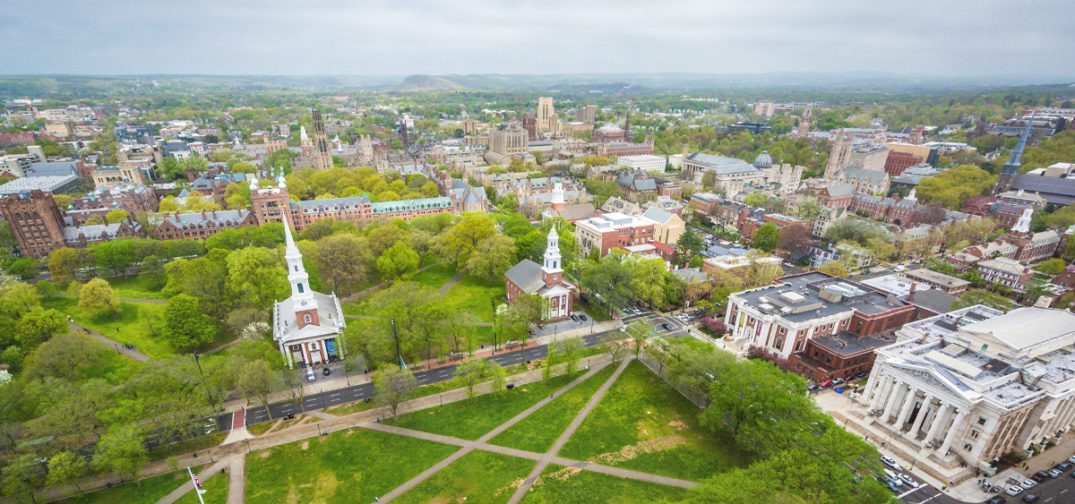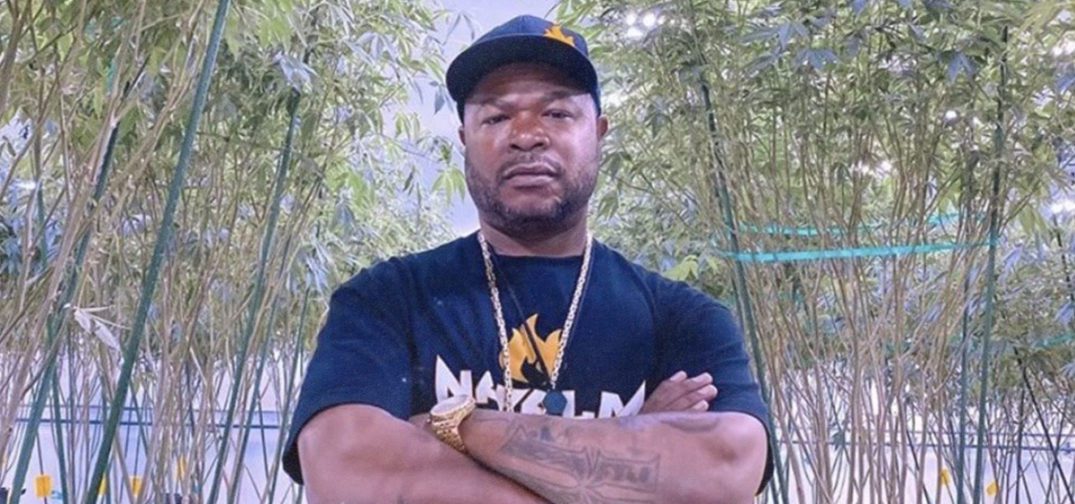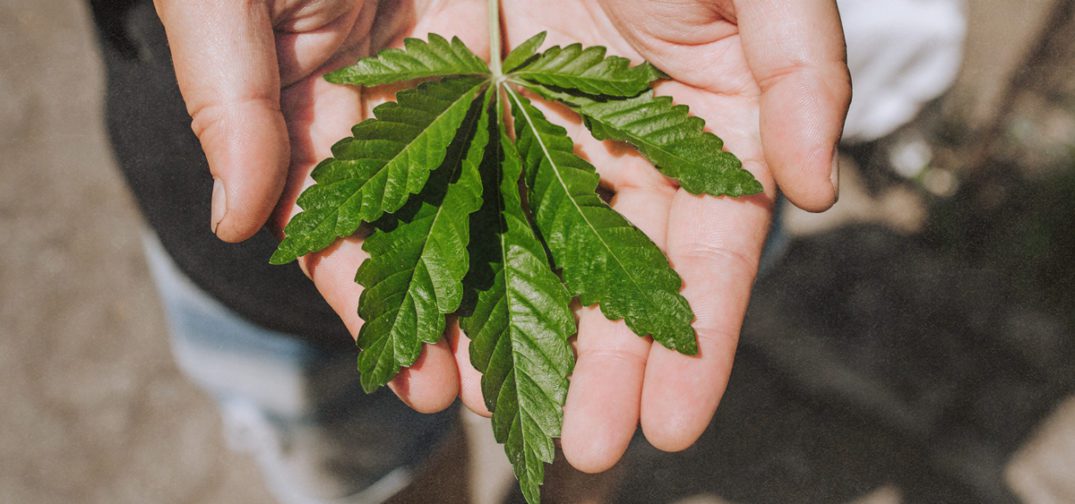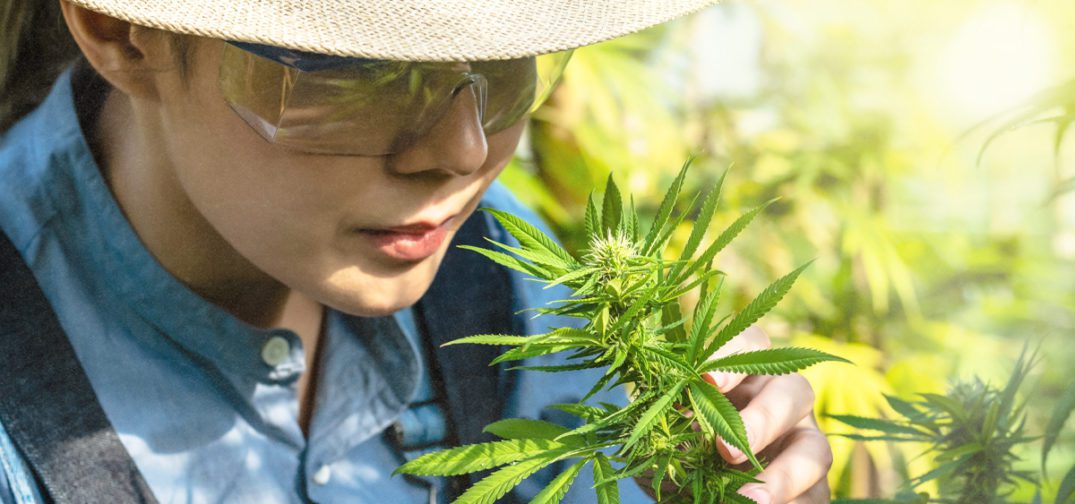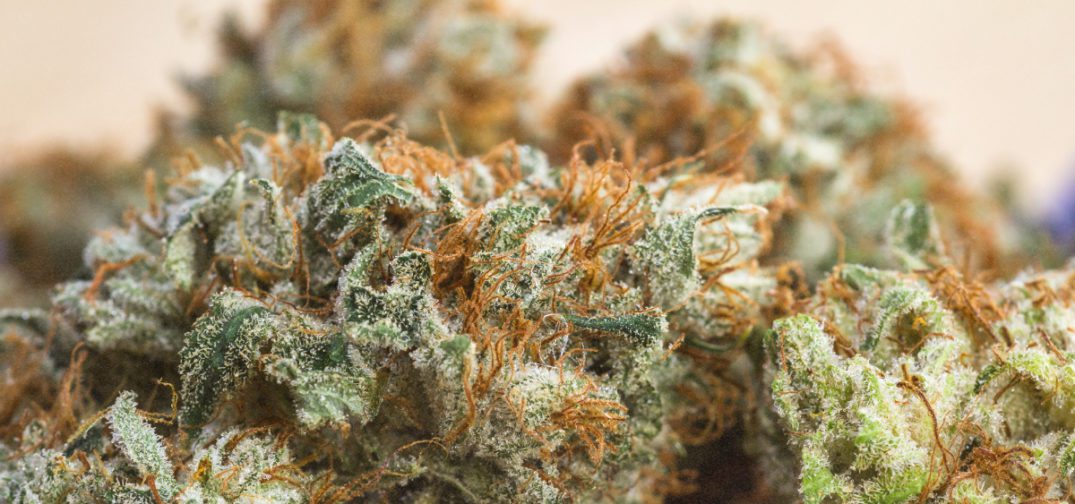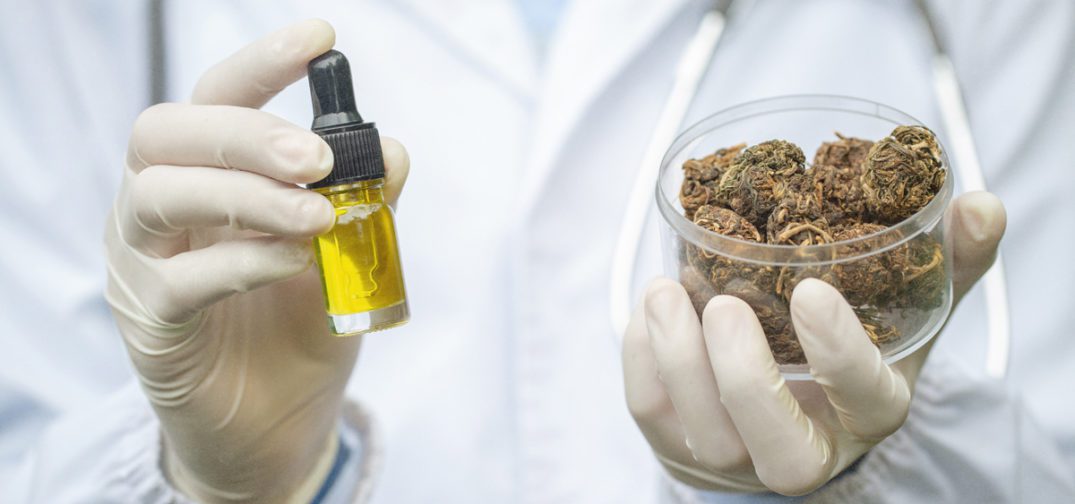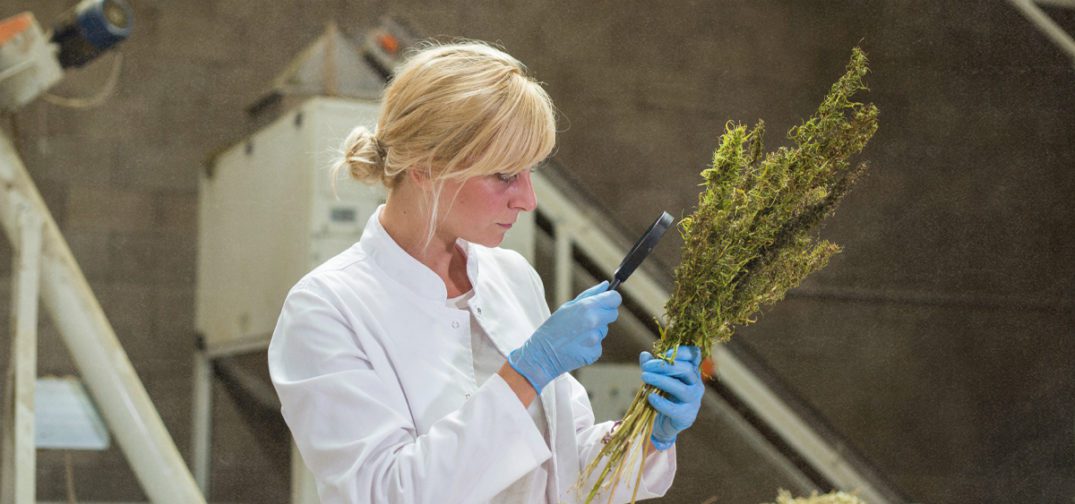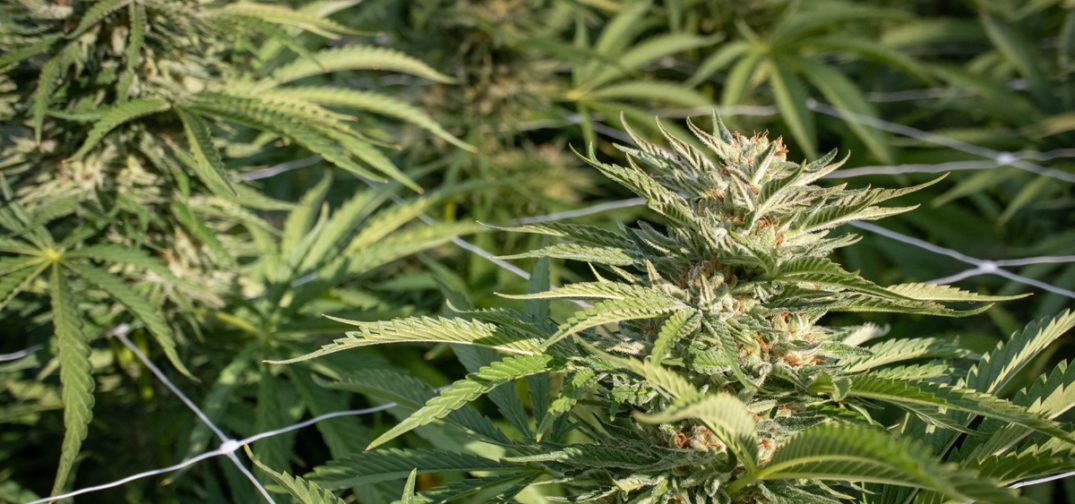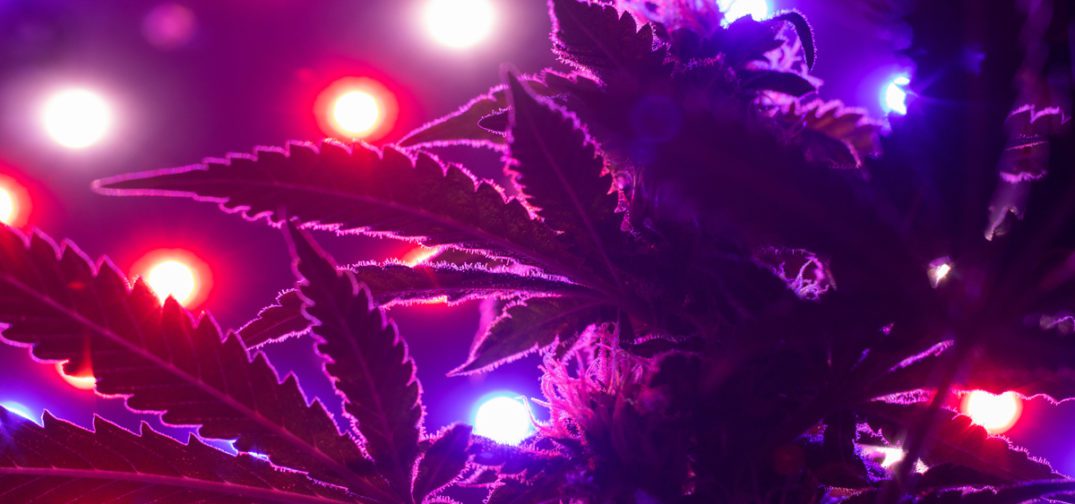If you’ve been enjoying cannabis for a while, you’ve probably had a batch of flower that stands out in the smoky room of your memory. For most of us, it was some frosty combination of aroma, flavor, and effect that, in the context of our personal tastes and experiences, enshrined a particular bud as the best we’ve had.
With expanding legalization and evolving attitudes towards cannabis, standards of quality are emerging from an industry previously quieted by fears of legal consequence. Tossing the careless stoner cliche out with yesterday’s bongwater, serious cannabis connoisseurs are bringing decades of knowledge into the public discourse surrounding humanity’s closest plant ally. And, like the sommeliers of the wine world, their standards are high. Maybe higher than they are.
When prohibition ended in Washington DC, there were no broadly accepted standards as to what was worth buying. Every purchase was a dice roll on quality, and a pressing need for public education on cannabis emerged alongside the proliferation of companies hawking their green wares. At Toker’s Guide, our passion is helping consumers in the DC Metro Area fully enjoy cannabis, not as a means to an end, but as an immersive sensory experience. Our community of writers are connoisseurs who regularly review what’s available on the market, so our readers know what they’re buying before they place an order. But the larger goal is for our readers to become connoisseurs themselves.
Finding the best bud starts with knowing what that is. Think of cannabis as an orchestra. In this guide, we’re going to talk a little about the individual instruments, and a little music theory. To that end, we reached out to Derek Gilman, Managing Director of Ganjier — a rigorous cannabis aficionado certification program — and compiled a list of attributes that separate connoisseur-grade flower from the sandwich bag you scored in the parking lot of Whole Foods.
The Color
Beyond indicating proper cure (more on that later), color can reveal a lot about a flower. Take a minute to really look at a bud. Varying hues give each phenotype its own character. Purpling can hint at low nighttime temperatures during the flowering period, and speak to genetic lines. A bright, fresh green color may belie an improperly dried flower. The best flower should be dazzling in appearance beneath the trichomes. Nothing should be brown.
The Trim
It seems that in cannabis culture, sugar leaves have become regarded as old school, or simply undesirable. To an extent, this can be blamed on the proliferation of automatic trimming machines that tumble away everything but the hairy core of a cola (and more than a few trichomes in the process). If you’ve ever spent more than an hour trimming, you understand the appeal. However, if your bud has bounced through one of these contraptions, it’s not making the Ganjier’s cut.
“True ‘craft cannabis’ is always trimmed by hand,” says Gilman. “An ideally trimmed flower will have all fan leaves removed. Some sugar leaf is acceptable if the sugar leaf is heavily coated in trichomes, or if the coloration of the sugar leaf adds value to the appearance (purple for example), or if the structure of the flower is best served with the sugar leaves intact. Machine trimmed and overly trimmed flower will have less, if any, surface trichomes remaining intact. Always remember, an under-trimmed flower can still be made ideal, while the over-trimmed flower is forever diminished.”
The Structure
There’s some primal appeal to the coiled structure of a well-formed bud. It’s almost as though it’s the plant’s way of telling its story. Foxtailing — the tapered offshoot growth of bracts — for example, can be a desirable genetic characteristic, but it can also be a sign that the plant was subjected to excessive heat. While super dense colas seem to be all the rage, unless your flower is fluffy due to insufficient light exposure (like the larfy buds that form at the bottom of the plant), chances are that a little airiness has nothing to do with the quality of it. According to Gilman, those green rocks you see on Instagram may even be less potent.
“Density plays ZERO role in my personal determination of quality,” Gilman says. “I judge quality based on desirability. The densest buds typically have nested bracts. Nested bracts are so tightly packed together that there is no space for trichome development between the bracts. Therefore, the absolute densest buds have a much less desirable trichome to vegetation ratio.”
Bract Maturity
Most of us refer to these as calyxes, but that isn’t technically correct. The bracts of the cannabis plant contain the densest concentration of trichomes, and comprise the majority of what we call the bud. The last few weeks of the flowering period are crucial to the development of bud structure and, ultimately, the desirability of the finished product. While most growers these days harvest according to trichome maturity alone, some sommeliers are judging according to a broader, more complex set of criteria, and healthy, swollen bracts are part of that assessment.
According to Gilman, a flower harvested at its peak will be at least partially identifiable as soon as it comes out of the jar. “As a Certified Ganjier, I utilize our Systematic Assessment Protocol® to accurately assess flower quality,” Gilman says. “Flower Maturity is one of several criteria assessed during the Appearance evaluation. To be clear, flower maturity is mostly based on bract maturity (in combination with stigma coloration and posture) and does not relate to trichome maturity. As Frenchy Cannoli would always remind me, you cannot judge the maturity of a flower based on a secondary metabolite, as the bracts and the trichomes are maturing at different rates and with different indicators.”
The Trichomes
Crystals. Kief. Resin. They have a lot of names, but these tiny resin glands that cover our buds in a psychedelic forest of translucent mushrooms are the reason we love this plant. The capitate-stalked trichomes that we see coating the bracts and sugar leaves of mature flowers contain the highest concentration of cannabinoids and terpenes on the cannabis plant. Trichome maturity informs not just the cannabinoid content, but the effects of the flower we consume; an early harvest of clear to cloudy trichomes will result in a more energetic, uplifting high, while a late harvest of amber resin heads will result in a more sedate, relaxing stone. While this quality is a matter of personal preference, the size, health, and preservation of these little resin glands is not.
“All of the desirable magic lies within the trichome glands,” Gilman says. “Once the flower has been dried, the trichome glands are extremely fragile. The dried flower will degrade, through trichome loss, every single time it is touched. Rough handling throughout processing and packaging can ruin an otherwise beautifully cultivated flower. The gentlest of handling under extreme care is required to preserve the quality.”
The Aroma
There’s really no objective way to rate this. Rather, the idea is to be conscious of it. What leaps out at you? Citrus? Pine? Red, white, and blue popsicles at the swimming pool? Breathe deeper. What’s underneath? Mushrooms? Coffee? There are over a hundred different terpenes found in cannabis, and they all interact with each other in surprising ways. Spend time with this. It’s the easiest way to know if you’re going to get along with any particular cultivar. If you want to get a little more poetic with it, there are charts that can help. A fantastic flower will have layers of aroma that reveal themselves as you breathe. If you smell hay, ammonia, fresh cut grass, or mold, the bud is warning you not to smoke it.
The Flavor
Maybe you like tomatoes. Maybe you think they taste like compost. That’s cool. What we’re looking for here is something akin to the difference between an heirloom tomato and the kind they sell at Wally World. The flavor should be complex and harmonious. It can be unexpected, but still needs to relate in some interesting way to the aroma. If it smells like an orchard and tastes like orange La Croix, you’ve been set up for disappointment in the smoking process. There should be no hint of chemicals or unpleasant bitterness.
The Dry and Cure
It’s fair to say that much (if not most) of the 420-friendly population is unaware of the extent to which the drying and curing process affects what goes into their pipes. Growers, on the other hand, tend to be full of passionate opinions on the matter, and it’s not terribly uncommon to hear it described as the most important part of a grow. It is, in fact, related to every quality we consider in a batch of cannabis.
“A properly dried and cured flower will have an aroma that leaps out of the jar upon opening,” Gilman says. “There should be no indication of chlorophyll aroma. The flower should be pliable, but not moist. It should bounce back, rather than stay compressed when squeezed ever so slightly. The coloration will be more of an olive green color. The improperly dried or cured flower may have little to no aroma or may smell like a freshly mowed lawn of grass. It may compress when squeezed (if not fully dried) or it may turn to a fine dust if it has been overdried. If dried too quickly, it will smell like chlorophyll. If dried too slowly, it may have a urine or ammonia aroma.”
The Flush
Arguably the most controversial practice among growers, the act of withholding nutrients during the final weeks of the flowering period is known as flushing (not to be confused with the act of flooding your growing medium with water so as to correct nutrient imbalances, which is also known as flushing). Detractors denigrate the method as bro science, citing recent studies that were unable to demonstrate a noticeable difference between flushed and unflushed flower in chemical testing and blind taste tests. Adherents point to personal experience and longstanding tradition, claiming that unflushed bud retains a chemical flavor, and produces a harsher smoke, darker ash, and leads to unpleasant side-effects. The two camps appear about even in number.
Gilman comes down on the side of the flush. “The cannabis plant is known to store excess nutrients in the leaves and flowers,” he says. “If excess nutrients have been applied to the plant during its growth (and flowering) cycle and those nutrients are not utilized by the plant, these excess nutrients end up in the finished flower. Flushing is critical when synthetic nutrients have been applied and less necessary, if at all, for biological based cultivation methodologies. Headaches and sore throats are typically the consequence of consuming residual synthetic nutrients (or some topically applied pesticide or fungicide).”
True to Form
Does your Hindu Kush have to look and taste like Hindu Kush in order to be considered a pinnacle of genetic expression? There’s some debate. While outlier phenotypes offer exciting and unusual experiences, the desirability of the differences themselves come into play more than the textbook definition of any particular cultivar. While it would be hard to imagine a high score going to a bud that in no way resembles the name on its jar, strict adherence to the expected genotype isn’t entirely necessary, so long as the divergence is worth it.
“Our Ganjier Systematic Assessment Protocol® includes the identification of ‘Uniqueness’ in each of our four assessment categories (Appearance, Aroma, Flavor, and Experience),” Gilman says. “Whether or not the unique quality actually adds value is dependent upon the desirability of the unique trait being exhibited. For example, an outlier phenotype may smell like rotten eggs. That would rate lower on my desirability scale. While an outlier that smelled like roses would rate higher.”
The Freshness
Even under ideal conditions, cannabis degrades over time. Buds lose structural integrity. Terpenes diminish. THCA decarboxylates into THC and then declines. If your bud has proper moisture but is fragile and smells like the ghost of a garden, it’s probably been in storage for awhile. The smoke can have a muted flavor or taste stale, and produce a diminished high.
The Smoke
You might not get off if you don’t cough, but it’s kind of difficult to enjoy a Lebowski-style bath (Bob. Joint.) if your throat is burning from its noble sacrifice to the fire gods. Unduly harsh smoke is a ruined experience, and possibly an unhealthy one. Causes range from improper drying environments to the use of pesticides in the bloom period, and the effects are never fun. Smoking (or vaping) cannabis should reveal a landscape of flavor, not ruin your tastebuds for the evening.
The Effects
Drumroll, please. Every other characteristic you’ve examined has led up to this. It’s the high acting in concert with the sensory experience of cannabis that makes it truly magical, and separates a utility of altered consciousness from a deep appreciation of the plant that gives it to us. Whether you’re high or stoned, ready to do the dishes, paint a masterpiece, or fall asleep while attempting a Netflix marathon, the effects of cannabis are as varied as its terpene profiles. The finest flower produces a remarkable high. Of course, so does a sunrise over the ocean. For some. There are no real guidelines for this; if it makes you feel good, it’s good.
There is an unnamable quality to the greatest expression of any craft. Whether it’s wine, cigars, cuisine, or cannabis, you’ll find the stuff that really blows you away was created with passion, patience, expertise, and love. Cliche as it might be, it really is the secret ingredient.
Whether you’re a seasoned smoker, or just dipping your toe in the proverbial pond, everyone should have the chance to experience the best that this extraordinary plant is capable of. With Toker’s Guide, we help you know exactly where to go to find the best weed, without wasting valuable time or money by simply rolling the dice. It’s by highlighting the very best cannabis available that we hope to help influence higher standards and quality, in the Washington DC metro area at first, and then industry-wide.
Finding and enjoying the best cannabis isn’t about bragging rights or pretension, though. It’s not about competition, either (even though it’s certainly used for that). It’s about the act of discovery — literally internalizing the journey your flower has taken from seed to joint. About opening yourself to the vast olfactory orchestra contained in a single puff of smoke. It’s about tasting sunshine and cool nights before harvest, and finding the kushy melody buried in a citrus-forward hybrid. It’s the song that always feels like home, and the moment of inspiration that sends furiously composed odes to the grandeur of cannabis into the richest rooms of our memories. And it’s having an answer when someone asks why you love this so much.
So go forth, armed with your newly discerning eye (and nose, and palate), and get to know a flower. A visit to tokersguide.com will help you get started on this aficionado journey, but feel free to post any dissenting, supporting, or expounding perspectives under our reviews. The comments are always open.
Note: S. Preston Duncan of RVA Magazine contributed to the writing of this article.
